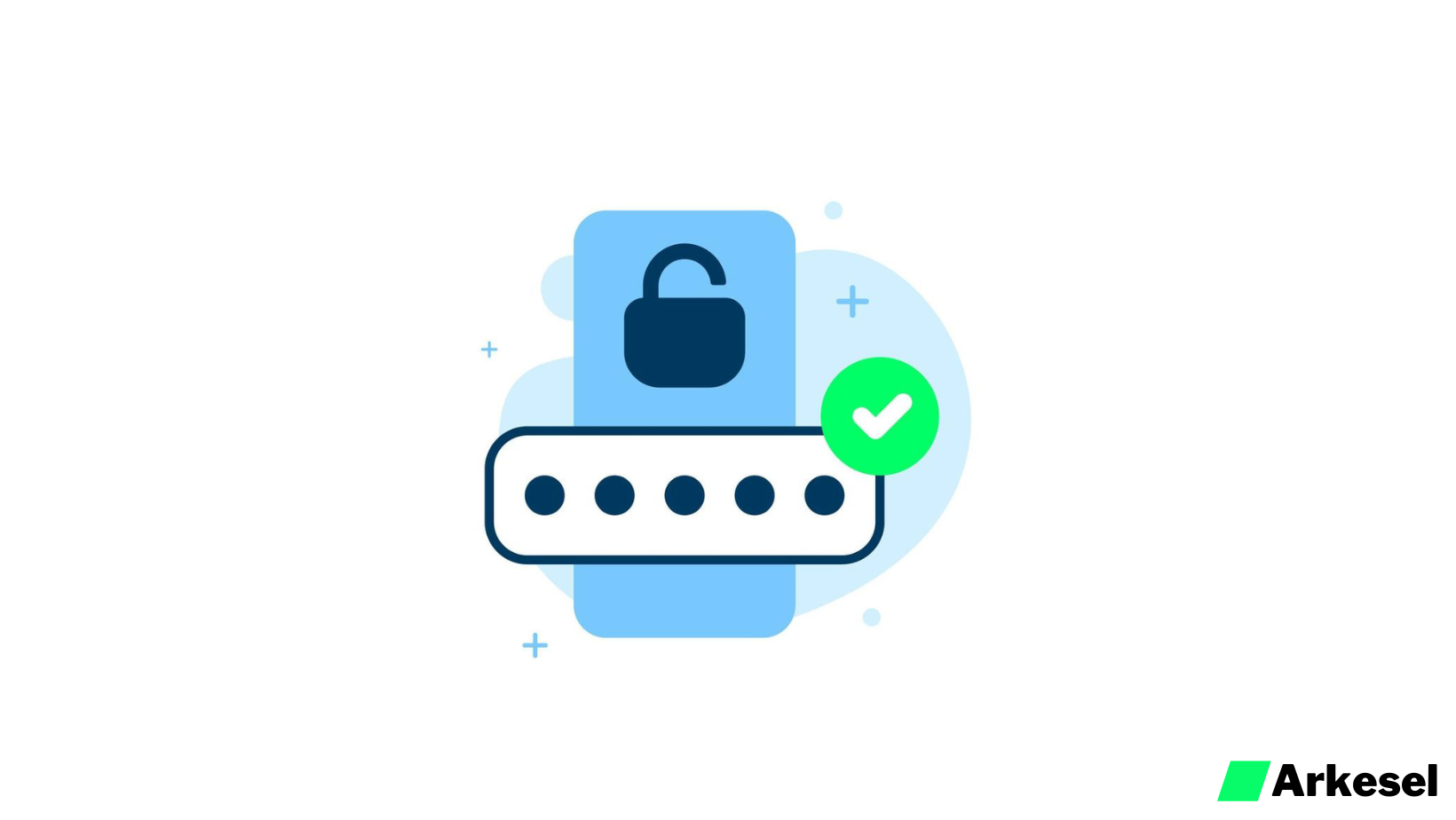OTPs (One-Time Passwords) are automatically generated string of numbers or letters that authenticates a user for a single transaction or login session. It fits as part of the two-factor authentication system, a security process in which users provide two different authentication factors to verify themselves. 2FA is implemented to better protect both a user’s credentials and the resources the user can access. This method of online security is quite advantageous in a multitude of ways such as:
- Fraud Reduction: With OTPs being automatically generated as strings of random numbers and letters, they are virtually impossible to guess, plus they are also non-reusable which renders the chances of them being used for fraudulent activities quite slim. Industries that deal with highly-sensitive private information such as banking, have OTPs reduce the risk of fraud while giving users peace of mind and confidence when accessing their resources.
- No Need To Recall OTPs: Due to their random generation for online interactions, OTPs do not need to be remembered by their users, relieving them of stress should they decide to engage in these transactions once again as different ones will be generated.
- No Sharing Of Credentials: The use of OTPs eliminates the sharing of credentials between employees and employers. User-Created Passwords may contain information that should not be shared within the company. This may lead to that information being leaked to external organizations.
- The Strongest Form Of Password: User-created passwords are quite weak and used across multiple accounts further decreasing security. When a password is made too simple to remember, it typically lacks sufficient security because it is not complex enough.
Though many users may be inclined to keep using static passwords (user-created passwords) because of their inability to expire and their ability to be continuously used as the user wishes, there are several disadvantages to this, which make OTPs the prime choice for their security needs:
- Possibility Of Theft: With security protocols rendered flexible by several hackers, it is easy to hack into computers and steal your passwords, making it easier to access your accounts from a remote location. There are many cyber-security cases pertaining to this act, causing several companies to make the switch to OTPs.
- Easily Shareable: As stated before, static passwords can be shared between individuals rendering accounts compromised should these individuals prove untrustworthy. OTPs are shared from systems to one person alone and can only be used by that recipient.
- Easily Guessed: If passwords are easy to form, they are easy to guess. Supposing a password was “123456” or “Secure”, it would not take very long for others to deduce what they are and take control of your accounts.
- The Cause Of Frustration: A dependency on static passwords and the need for better security pushes you to come up with one that is more complicated and much more difficult to remember. This frustration is evident when users have to log in to accounts once more but struggle to remember the characters within the password or even the number of characters. OTPs on the other hand spare user from this as they are only used once and never again.
With the need for efficient and safer cyber-security, OTPs are the definite choice for credible protection during online transactions. And one service that can help establish such a level of security is Arkesel’s OTP Service, which is guaranteed to fortify your accounts and all manner of online transactions undertaken. Better security is just a sign-up away. Visit https://arkesel.com/phone-number-verification to learn more and get started.





